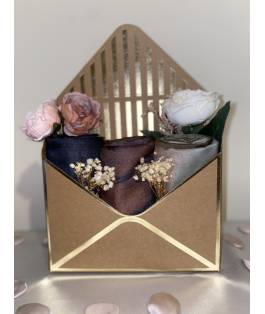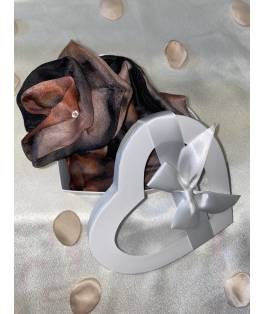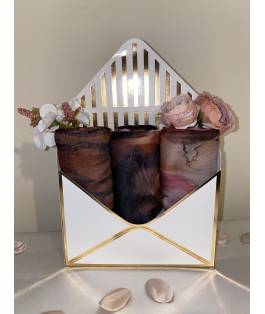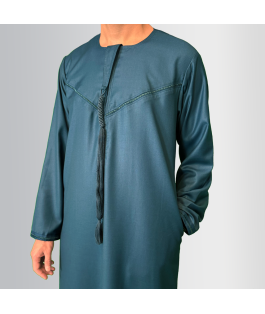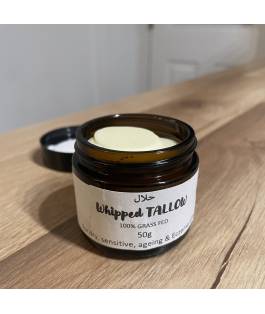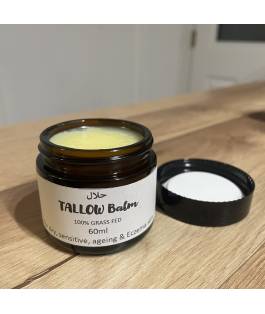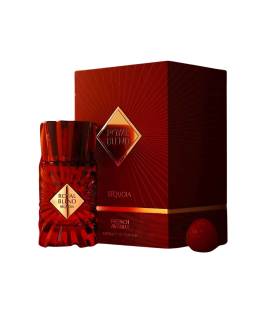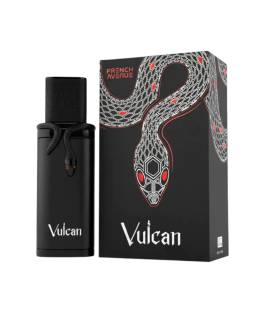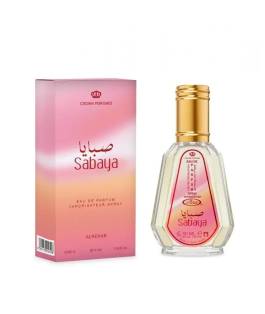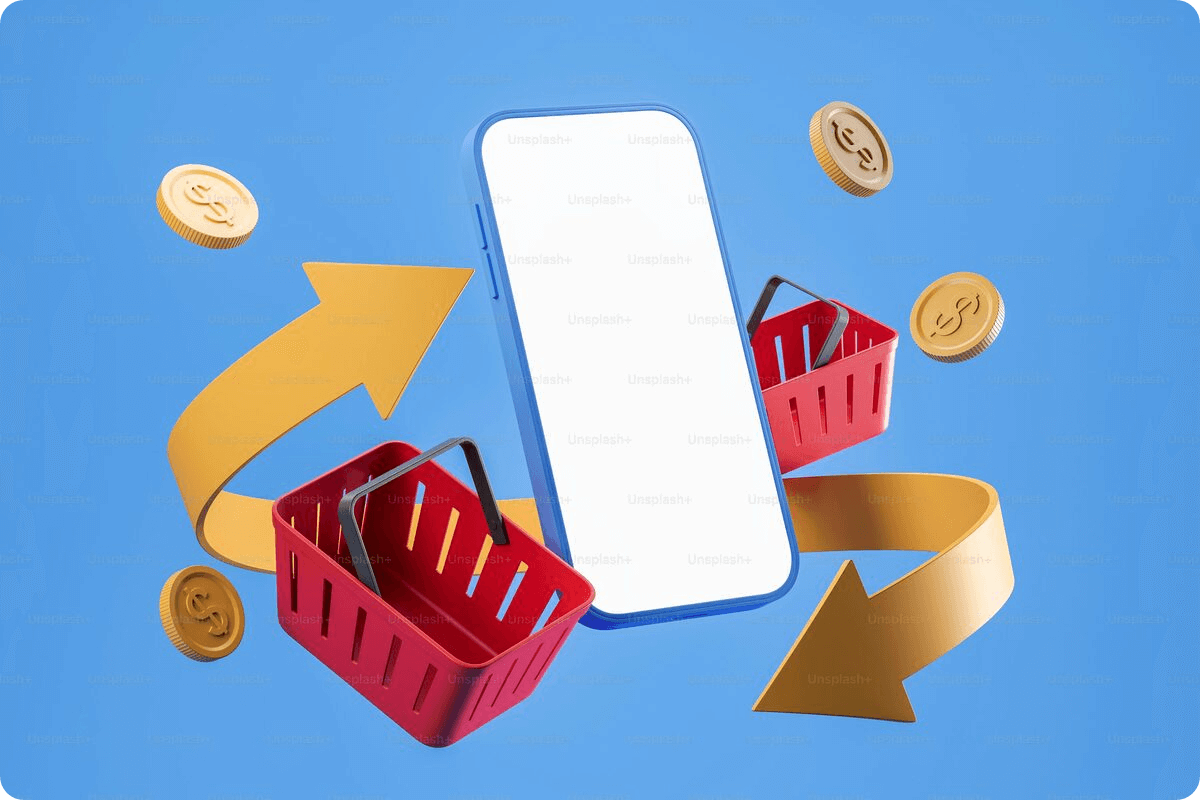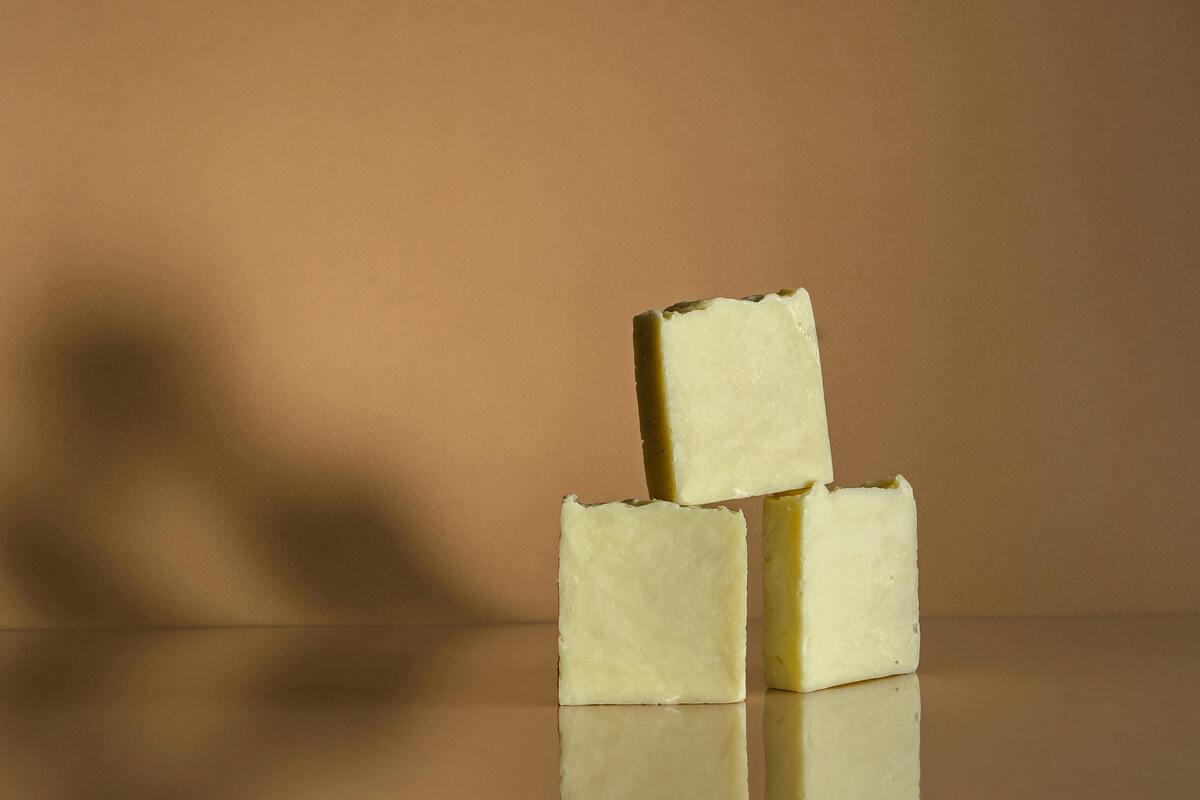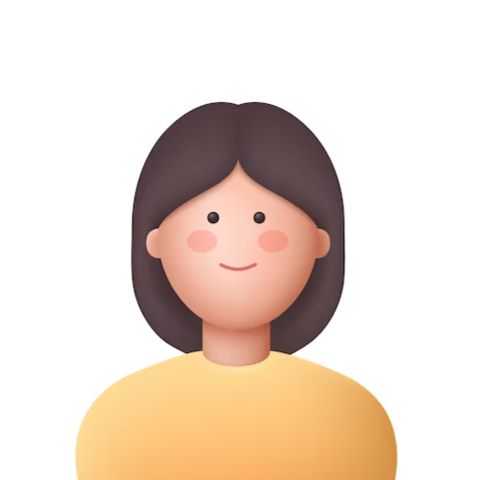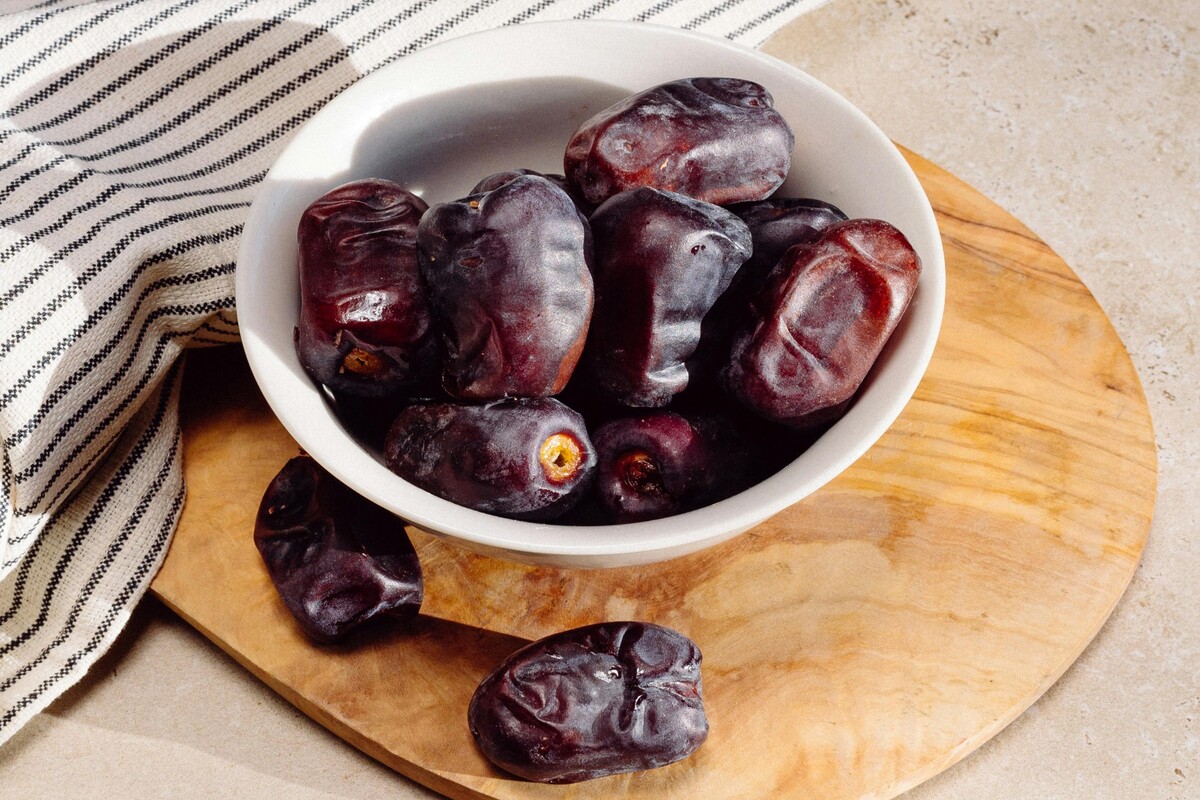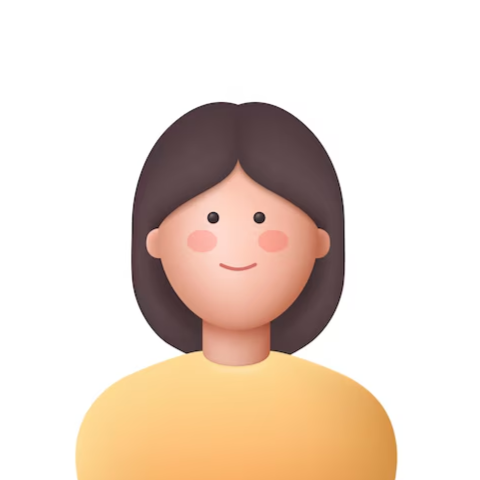Nestlé, one of the world's largest food and beverage companies, known for products like KitKat and Nescafé, is frequently targeted by boycotts, particularly by the Boycott, Divestment, and Sanctions (BDS) movement. Despite its global popularity, Nestlé has faced criticism for its connections to Israel and other ethical issues.
In this blog, we’ll explore why Nestlé is often called out for boycotts, the ethical concerns tied to its practices, and assess whether these boycotts have led to meaningful changes in the company’s operations.
The BDS Movement: Why Nestlé is Targeted

What is the BDS Movement?
The Boycott, Divestment, and Sanctions (BDS) movement, launched in 2005 by Palestinian civil society, is a peaceful campaign advocating for freedom, justice, and equality for Palestinians. It aims to challenge Israel's policies through non-violent economic and cultural boycotts, inspired by global anti-apartheid efforts.
The movement arose in response to Israel's occupation of Palestinian territories, which began after the 1967 Six-Day War when Israel captured the West Bank, Gaza, and East Jerusalem. This occupation has led to ongoing issues such as settlement expansion, severe movement restrictions, and unequal resource access.
If you want to learn more about what’s happening in Palestine, read this blog for more insights.
The BDS movement targets companies and products that are directly complicit in violating Palestinian rights, focusing on those that play a clear role in supporting Israel’s occupation and apartheid system. By concentrating efforts on a small number of strategic campaigns, the movement aims to achieve the greatest impact.
Is Nestlé Part of the BDS Movement?
Nestlé is not directly part of the BDS movement’s core focus. However, its connection to Osem, a major Israeli food company, has drawn criticism. In 2016, Nestlé purchased full ownership of Osem in a deal worth $840 million, strengthening its business ties in Israel. While this does not place Nestlé at the centre of BDS campaigns, it has made the company a target for some pro-Palestinian advocates.
For many advocates, avoiding Nestlé is a way to take a stand against its indirect involvement in Israel’s occupation through its business operations in the region. The aim is to apply pressure on the company to end all ties and activities linked to the occupied Palestinian territories.
However, the BDS movement suggests focusing on its established campaigns where grassroots momentum already exists, as this ensures a more strategic and effective approach. If no such campaigns are active in your area, prioritising BDS’s targeted initiatives may be more impactful.
Curious if Coca-Cola is on the boycott list? Explore our detailed guide to find out!
If you want to shop with confidence, knowing every purchase reflects your values, Riwaya is the place for you!
Other Unethical Practices: Beyond Politics

While Nestlé’s association with Israel has sparked the most visible boycott, the company is also criticised for a range of other unethical practices that extend beyond politics. These criticisms often revolve around environmental issues, labour rights, and corporate responsibility.
1. Water Resources and Environmental Impact
Nestlé’s water extraction practices have been a frequent target of environmental activists. The company has faced backlash for extracting water from drought-stricken areas, including locations like Flint, Michigan, and parts of California. Local communities in these areas have been facing water shortages, and Nestlé's water extraction is making the problem worse.
In Flint, for example, Nestlé’s extraction of water for its bottled water brands like Poland Spring has drawn strong criticism, as the community continues to struggle with water contamination issues.
Nestlé has defended its water extraction practices, stating that it follows all local regulations and that it contributes to local economies. However, the controversy has continued to fuel calls for a boycott.
2. Child Labour and Exploitation
Nestlé has faced criticism for its involvement in child labour, particularly in the cocoa industry. As one of the world’s largest cocoa buyers, some of the cocoa used in its popular products, like KitKat and Milky Bar, is sourced from farms that use child labour, especially in West Africa.
Despite efforts to improve sourcing, such as working with the Fair Labor Association (FLA) to reduce child labour, the issue remains widespread. Activists argue that Nestlé’s efforts have been slow and insufficient, and the company has been criticised for not fully eradicating child labour from its supply chain. While Nestlé acknowledges the issue and has pledged to ensure responsible sourcing, many believe more decisive action is needed.
3. Palm Oil and Deforestation
Palm oil is a key ingredient in many Nestlé products, but its sourcing has raised significant environmental concerns. The production of palm oil, especially in Southeast Asia, often involves clearing vast areas of rainforest to make way for plantations. This leads to deforestation, loss of biodiversity, displacement of indigenous communities, and contributes to climate change.
Nestlé has committed to sourcing sustainable palm oil through initiatives like the Roundtable on Sustainable Palm Oil (RSPO), but environmental groups argue that these efforts have not fully addressed the root causes of environmental harm.
The Effectiveness of the Boycott

Now that we’ve explored the main reasons why Nestlé faces boycotts, let’s examine whether these boycotts have actually been effective in forcing any real changes in the company’s practices.
Nestlé, a global powerhouse with a presence in nearly every country, has felt some effects from boycotts, despite its vast market reach. In 2024, the company reported a 2.5% drop in sales, totalling 67.1 billion Swiss francs ($77.6 billion), even after raising prices by 1.6%. The most significant drop was in North America, where sales fell by 2.6%. As a result, Nestlé’s projected profit margin for the year is 17%, a slight decrease from 17.3% in 2023. These figures highlight the financial impact boycotts have had on the company.
Muslim-Owned Brands in the UK

Although Nestlé isn’t directly part of the BDS movement, if you want to avoid brands with connections to Israel or disagree with Nestlé’s practices, some of their major products include Nescafé, KitKat, Nespresso, Maggi, Toll House, and Milo. To steer clear of Nestlé, shop for local or alternative brands, carefully check product labels, and choose items from countries that align with your values.
If you’re looking for alternatives to support your BDS boycott, here’s a list of Muslim-owned brands in various categories. These options let you shop with purpose and support businesses that share your values.
1. Books and Stationery
Towards Faith: Offers a range of Islamic books, planners, and educational resources to inspire personal growth.
Learning Roots: Known for engaging and interactive books and learning materials for all ages.
Shade 7 Publishing: Specialises in high-quality Islamic children's books with innovative designs and concepts.
2. Kids
Peacock Supplies: Provides Islamic-themed educational tools, toys, and resources for children.
Imaan Kidz: A hub for Islamic kids’ books, clothing, and accessories to nurture a love for faith.
Salam Occasions: Offers party supplies and decorations tailored for Islamic celebrations.
3. Beauty and Fragrance
Delhicous: Creates luxurious halal beauty products for skincare and self-care.
Sunna Musk: A trusted name for premium non-alcoholic fragrances and attars.
Nuhr Home: Offers a range of exquisite halal candles, fragrances, and beauty products inspired by Islamic values.
4. Fashion and Jewellery
Yalla Shop: Features trendy, modest clothing for men and women, blending tradition with modernity.
Imani and Co: A go-to destination for Islamic-inspired jewellery and elegant accessories.
Nimah London: Renowned for its premium jewellery collections that celebrate style and modesty.
5. Riwaya: Your One-Stop Islamic Marketplace
Riwaya stands out as the first online Islamic platform in the UK, bringing together a wide array of handpicked and vetted vendors. From jewellery, modest clothing, and halal fragrances to Islamic home décor and Sunnah foods, Riwaya is designed to be a one-stop shop for all things Islamic. Whether you’re searching for thoughtful gifts, high-quality everyday essentials, or unique Islamic products, Riwaya simplifies your shopping experience by offering everything in one trusted place.
Conclusion
Nestlé’s position on the boycott list is not just about one issue, but a combination of ethical, political, and environmental concerns. The company’s ties to Israel have made it a prime target for the BDS movement, while its practices surrounding water extraction, child labour, and palm oil sourcing have raised significant ethical concerns.
While boycotts may not have significantly impacted Nestlé’s profits, they have undoubtedly forced the company to respond to public criticism and take steps towards addressing some of these issues. Boycotts, after all, are not just about financial losses; they are about raising awareness and encouraging companies to be more accountable.
Selling on Riwaya
Become a part of the UK’s first online Islamic marketplace. Selling on Riwaya gives your brand exposure to a wide, engaged audience who values quality and faith-based products. Whether you offer jewellery, clothing, home décor, or halal food, Riwaya provides a trusted platform to grow your business and connect with customers who share your values. Join Riwaya and enjoy your first FREE month while you see your business get the attention it deserves.

































